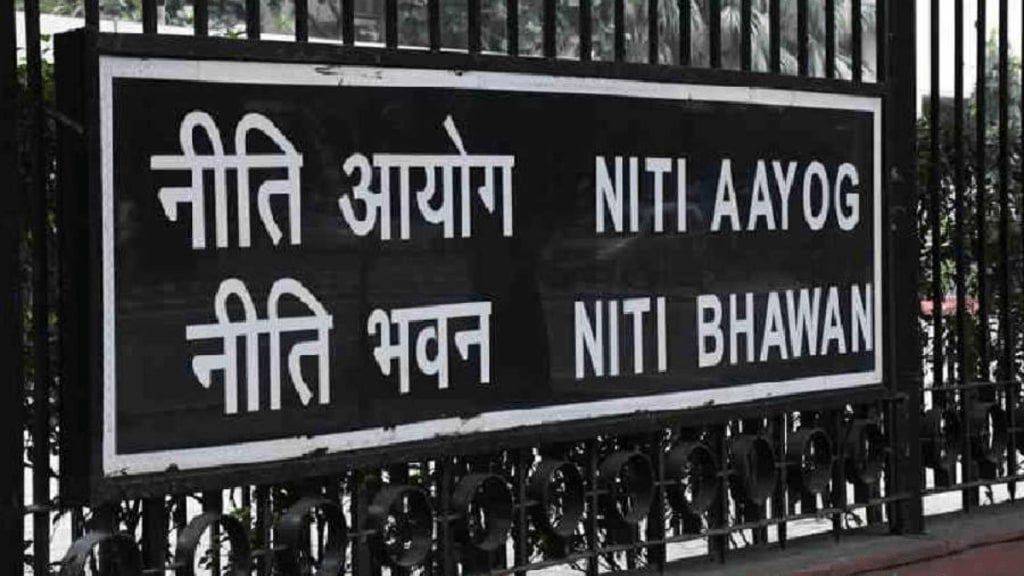Artificial Intelligence (AI) could add an extra $1–1.7 trillion to India’s economy by 2035, enabling the country to achieve its Viksit Bharat vision of sustained 8%+ annual growth, according to a new report by NITI Aayog.
The report, AI for Viksit Bharat: The Opportunity for Accelerated Economic Growth, estimates that India’s GDP could reach $8.3 trillion by 2035 with accelerated AI adoption, compared to $6.6 trillion under the current 5.7% growth trajectory. “If India is to accelerate its growth to the 8% annual rate required for Viksit Bharat, we have no option but to significantly raise productivity across the economy and unlock new growth through innovation. AI can be the decisive lever,” said BVR Subrahmanyam, CEO of NITI Aayog, in his foreword.
Major levers of AI-led growth
The roadmap highlights three major levers of AI-led growth. First, adoption of AI across industries, which could contribute $500–600 billion by boosting productivity and efficiency in sectors such as banking and manufacturing. Second, transforming research and development through generative AI, which could add $280–475 billion by accelerating drug discovery, automotive innovation, and software-led design. Third, innovation in technology services, which could provide another 15–20% of the uplift by shifting Indian IT into higher-value services and new business models. “We could add $1.4–1.7 trillion more to India’s GDP if we get AI right, coming from productivity, innovation, and IT,” said Noshir Kaka, senior partner at McKinsey & Company.
Sectoral gains and strategic initiatives
The sectoral gains could be significant. Banking and financial services may see $50–55 billion in value from AI-enabled fraud detection, credit scoring, and personalised services. Manufacturing could add $85–100 billion via predictive maintenance, smart factories and real-time quality control. Pharmaceuticals stand to benefit from AI-driven drug discovery, potentially cutting research costs by up to 30% and reducing development timelines by as much as 80%. The automotive industry could undergo transformative change through software-assisted vehicles and AI-driven component design, boosting exports and lowering import dependence.
“The last one year has been truly humbling to see brilliant minds come together to shape this work. Nations that secure critical technologies set the course for the future, and spotting them early is essential,” said Debjani Ghosh, distinguished fellow at NITI Aayog and chief architect of the Frontier Tech Hub. To build on this, NITI Aayog is preparing to launch a Frontier Tech Challenge, which will fund the top 50 innovation ideas. Subrahmanyam also urged states to embrace frontier technologies, embedding them not just in governance structures but in governance with real impact.
The report, however, cautions against key challenges — legacy IT systems, data privacy concerns, regulatory misalignment, shortage of skilled talent, and inadequate AI infrastructure. It calls for urgent investment in compute capacity, sovereign data platforms, workforce skilling, and ethical AI frameworks to ensure AI’s benefits are broad-based and inclusive.


